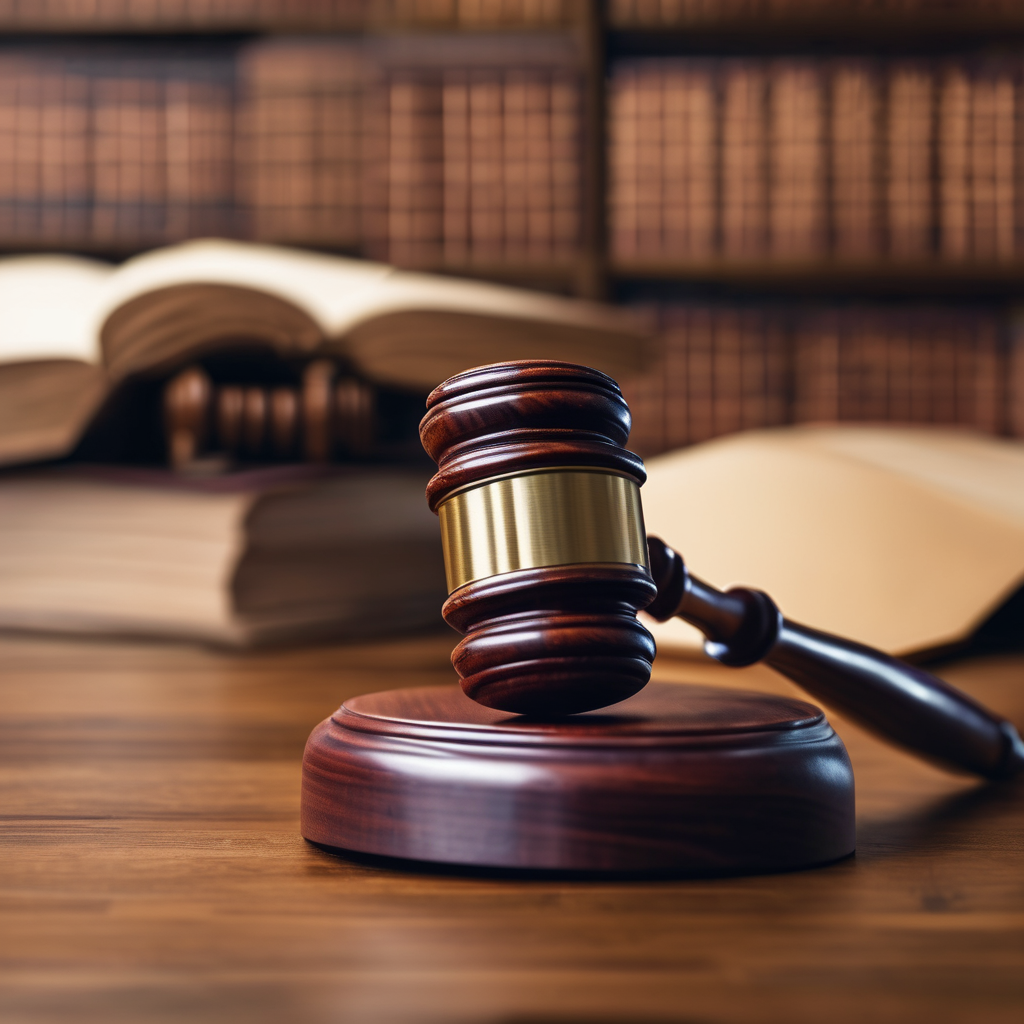The legal proceedings involving former Acting Prime Minister Aiyaz Sayed-Khaiyum and former Supervisor of Elections Mohammed Saneem have been halted temporarily for necessary consultations concerning new amendments to the charges against them. In a move at the High Court in Suva, Acting Director of Public Prosecutions Nancy Tikoisuva submitted amended charges that clarify the allegations of abuse of office and receiving a corrupt benefit.
Aiyaz Sayed-Khaiyum is accused of improperly executing a Deed of Variation (DoV) and Addendum which allowed the Fijian government to waive additional tax deductions for Saneem without obtaining the required approval from the President and the Constitutional Offices Commission, as mandated by Section 136 of Fiji’s Constitution. Mohammed Saneem allegedly requested and received a tax relief benefit on his back pay amounting to $55,944.03 without legitimate authority, further implicating him in corrupt practices.
Despite defense lawyer Devanesh Sharma’s request for a day to confer with his clients, the court, led by Chief Justice Salesi Temo, did not grant this extension. Consequently, the trial, marked by significant public attention, continues today at 2:30 pm.
This high-profile case underscores broader anxieties about governance and adherence to legal protocols in Fiji. Previous proceedings have highlighted issues such as the legality of prosecutorial appointments and the appropriate jurisdiction for corruption-related charges, raising crucial questions about constitutional adherence and the governance framework in the country.
The outcomes of this trial could have far-reaching implications on public office ethics and accountability, potentially guiding future reforms in governmental oversight and the legal adjudication of corruption cases in Fiji. Observers hope that the proceedings will not only lead to a fair trial but also reinforce citizens’ trust in the transparency and integrity of public institutions.
